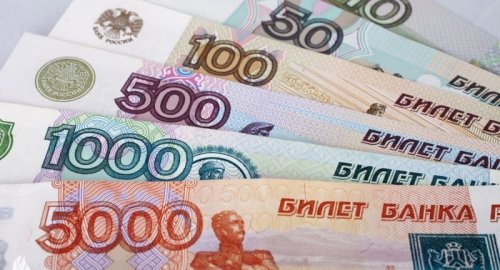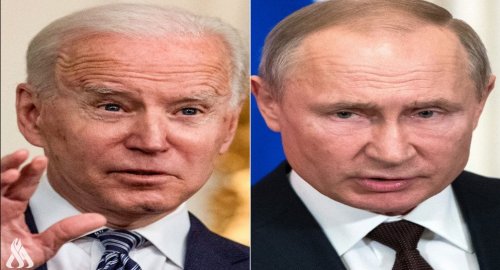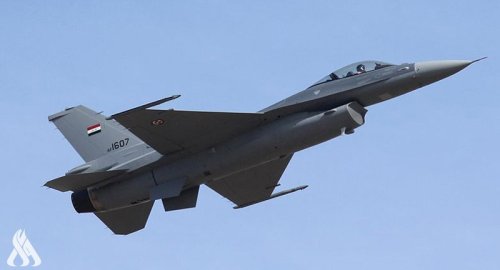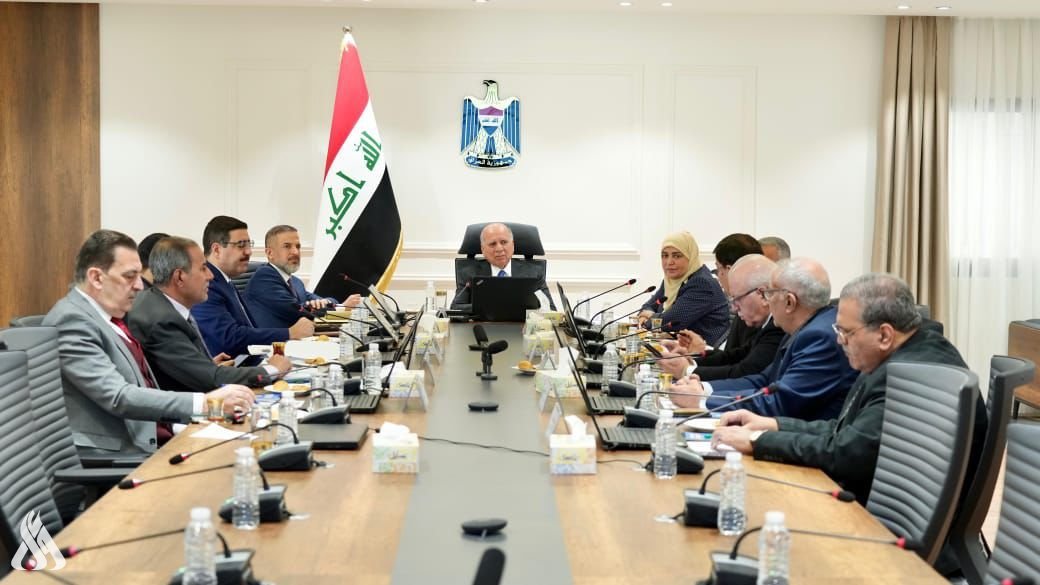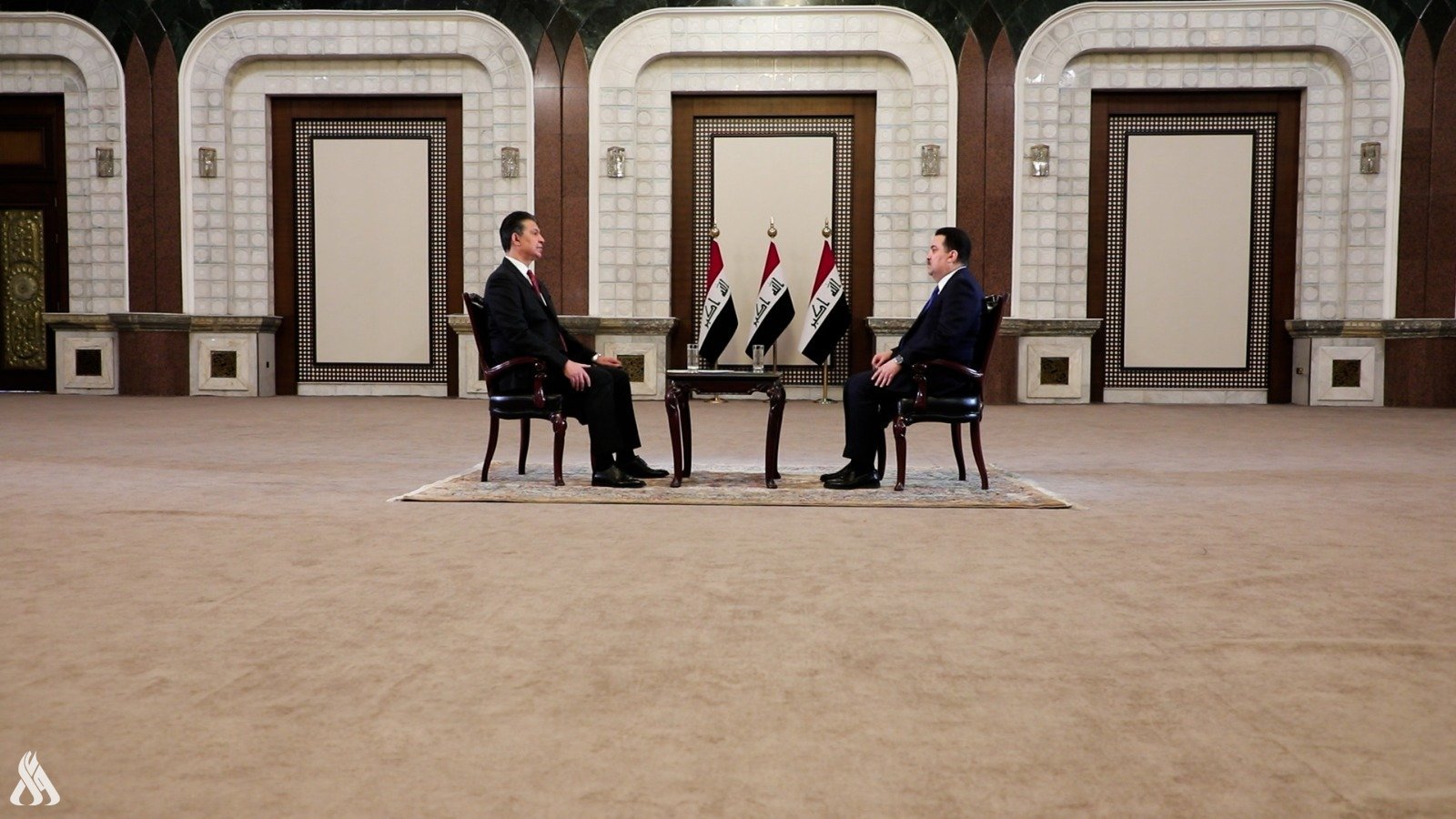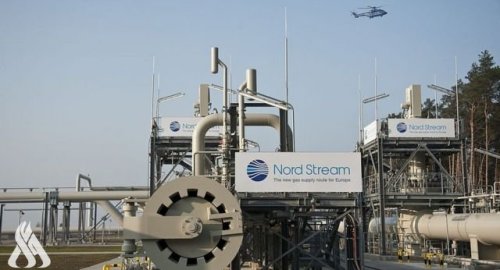
EU energy groups prepare to meet Vladimir Putin’s terms for Russian gas

- 28-04-2022, 08:39
INA- sources
Some of Europe’s largest energy companies are making arrangements to comply with a new payment system for Russian gas sought by the Kremlin, which critics say will undercut EU sanctions, threaten the bloc’s unity and deliver billions in critical cash to Russia’s economy.
Gas distributors in Germany, Austria, Hungary and Slovakia — including two of the single largest importers of Russian gas, Düsseldorf-based Uniper and Vienna-based OMV — are preparing to open rouble accounts at Gazprombank in Switzerland, according to people with knowledge of the preparations.
Negotiations between utilities and Gazprom, the Russian state-controlled gas supplier, have intensified as payment deadlines approach, they said.
Italy’s Eni, another of Gazprom’s large customers, is evaluating its options, said two people familiar with the discussions. The Rome-backed company has until the end of May, when its next payment for Russian supplies is due, to make a final call, Italian officials said.
The preparations show the impact of Russian efforts to weaponise gas supplies and challenge the EU’s ability to maintain a united front against Moscow.
Russian president Vladimir Putin issued a decree in late March that gas buyers from so-called unfriendly nations — which include all of the EU — had to set up both foreign currency and rouble bank accounts with Gazprombank, the Switzerland-based financial trading arm of Gazprom, to pay for their supplies. The measure was seen as a way of neutralising EU sanctions against Russia’s central bank over Moscow’s invasion of Ukraine.
Gas importers in Poland and Bulgaria, which have refused outright to sign up to the Kremlin scheme, had gas supplies from Russia halted on Wednesday, a decision Ursula von der Leyen, European Commission president, described as being tantamount to blackmail.
Brussels has struggled to counter Moscow’s demands: the commission issued official technical guidance admitting that the financial engineering contrived by the Kremlin could be “sanctions-compliant” under some conditions. But it would result in Russia being able to access billions in gas revenues to support its currency and its economy, member states and EU officials said.
Under the new Russian mechanism, European utility companies would continue to pay Gazprombank for their imports in euros — ensuring they did not breach the sanctions regime. The Russian bank, which is not under EU sanctions, would then, at their request, convert euro-denominated deposits into roubles in a second account opened in their name, for onward payment to Russia.
Syria: Imposing a curfew in the city of Homs
- International
- 07:45
Azerbaijan declares mourning after civilian plane crash
- International
- 07:42
An airstrike destroys an ISIS cave in Hamrin Mountains
- Security
- 07:35
US Central Command: We killed ISIS terrorist leader Abu Yusuf in Syria
- International
- 24/12/20
Liverpool compete with Real Madrid to sign Olympique Lyonnais star
- Security
- 24/12/19
7 ISIS elements arrested in Kirkuk
- Security
- 24/12/20

